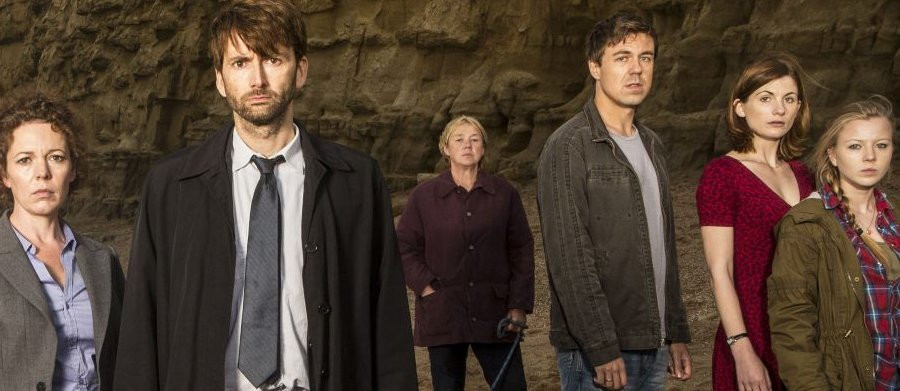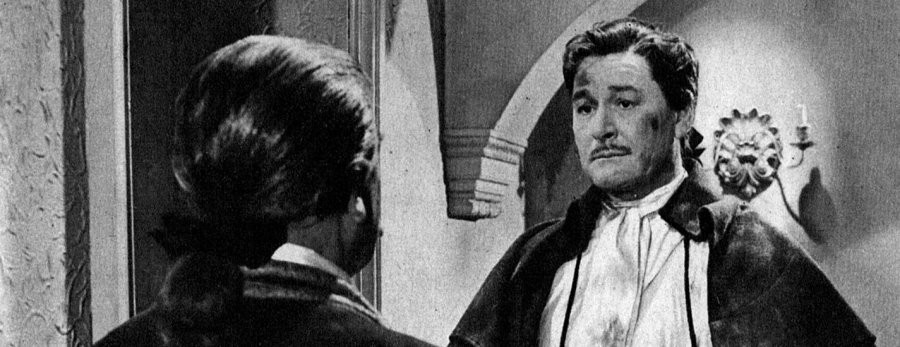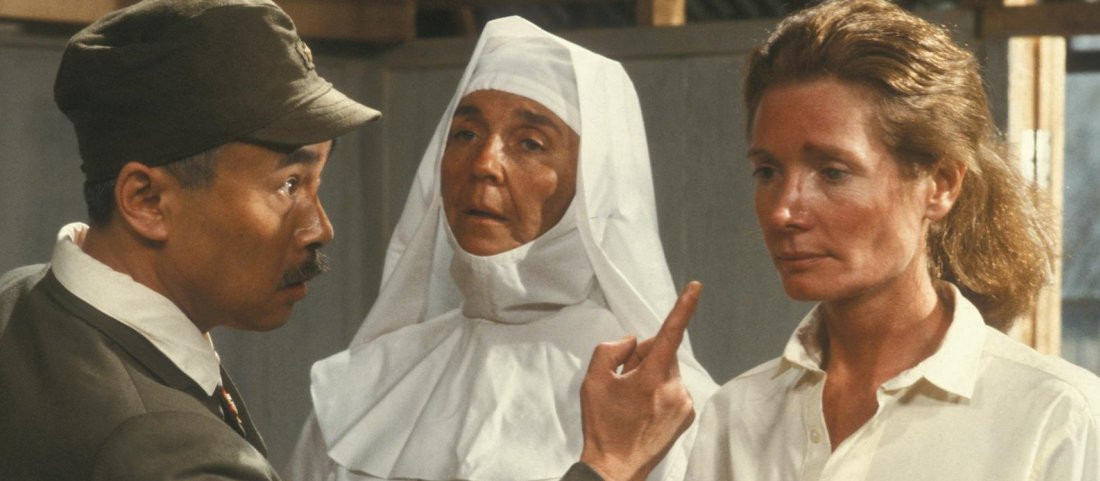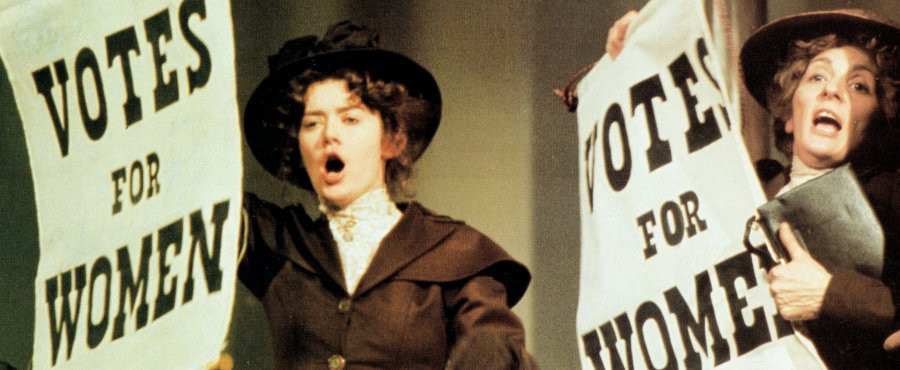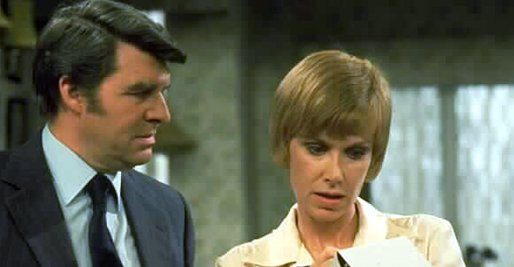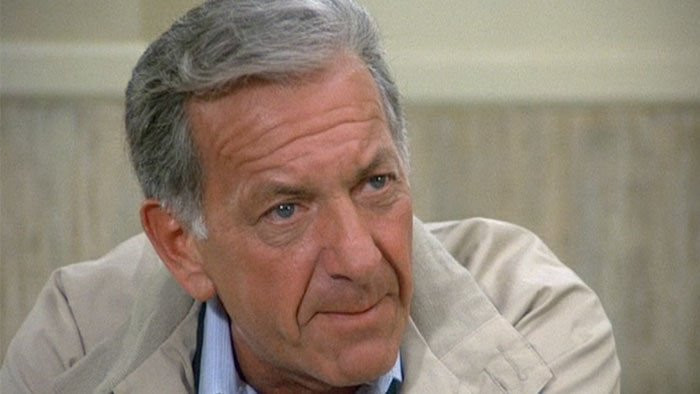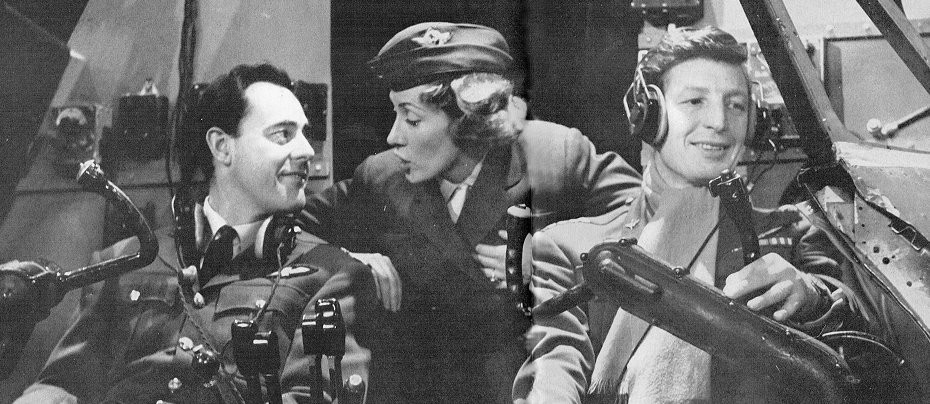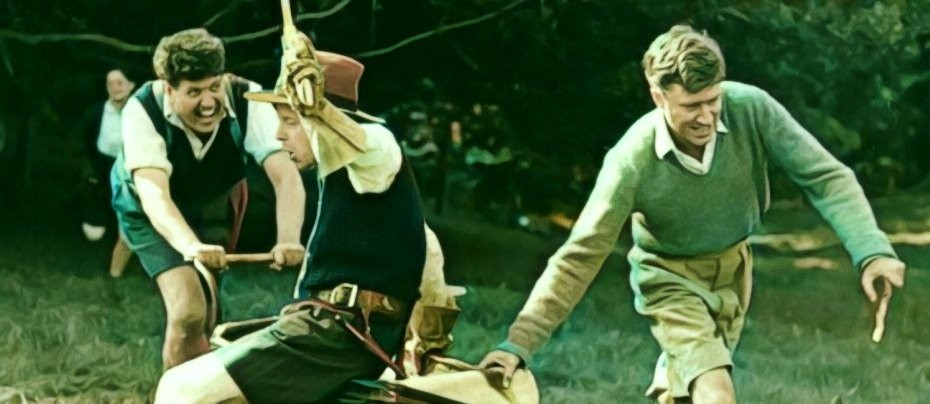
Bill Brand
1976 - United KingdomTrevor Griffiths’ BAFTA nominated Bill Brand stands as one of the boldest and most intellectually ambitious television dramas ever to emerge from 1970s British television. Broadcast in the summer of 1976, at a time when the country seemed to sway uneasily between economic crisis and ideological exhaustion, the series sought nothing less than to dissect the nature of political power in Britain and to ask, with both passion and precision, whether socialism could truly be advanced through the parliamentary Labour movement.
Griffiths had already explored similar territory in his Play for Today piece All Good Men (1974), where a generational and ideological conflict between father and son served as a microcosm of the tension between social democracy and revolutionary socialism. In Bill Brand, however, the canvas is far broader. Over eleven hour-long episodes, the drama follows the newly elected Labour MP Bill Brand (Jack Shepherd), a former Trotskyist and disillusioned lecturer, as he attempts to reconcile his political idealism with the grinding pragmatism of Westminster life.
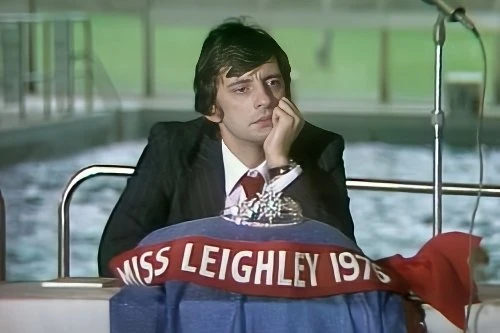
The series opens with Brand’s narrow by-election victory in Leighley, an imaginary Lancashire constituency whose fading textile industry mirrors the decline of traditional working-class communities. From there, Griffiths traces Brand’s gradual confrontation with the realities of parliamentary politics: the pressures of the party whips, the compromises demanded by Cabinet solidarity, the manipulation of the press, and the personal cost to his marriage and conscience. Brand’s uneasy relationship with David Last (Alan Badel), a left-wing Cabinet minister and leadership contender modelled loosely on Michael Foot, offers a compelling glimpse into the factional rivalries that roiled the Labour Party throughout the 1970s.
Griffiths’ insight into political culture is extraordinary. Conceived on the day of the February 1974 General Election, Bill Brand eerily anticipates later developments within the Labour movement. The Prime Minister, Arthur Watson (Arthur Lowe), is forced to resign through ill-health – written months before Harold Wilson’s own resignation in 1976. More prescient still are the series’ depictions of the ideological fissures within Labour that would, a few years later, lead to the breakaway formation of the SDP.
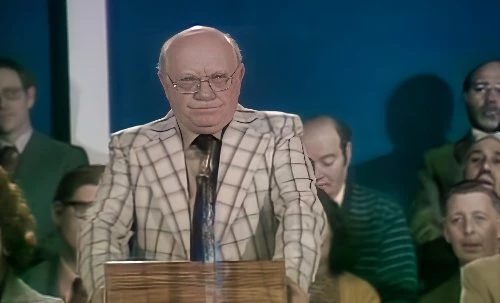
Yet Bill Brand is never mere political allegory. Griffiths’ writing, dense with argument but alive with human frailty, treats politics as something lived and suffered rather than theorised. Brand’s extramarital affair with Alex (Cherie Lunghi), his estrangement from his wife Miriam (Lynn Farleigh), and his uneasy camaraderie with fellow MPs (including a fine turn from Rosemary Martin) all serve to ground the series in emotional reality. The result is a drama that moves between the committee room and the bedroom, between ideology and intimacy, with rare assurance.
Jack Shepherd’s central performance is a triumph – intelligent, brooding, and utterly convincing as a man torn between belief and compromise. Alan Badel lends David Last both authority and melancholy, while Arthur Lowe, far removed from his familiar comic persona, brings dignity and understated sadness to the role of a beleaguered Prime Minister. The supporting cast, including Geoffrey Palmer and Nigel Hawthorne as wryly complacent moderates, is uniformly excellent.
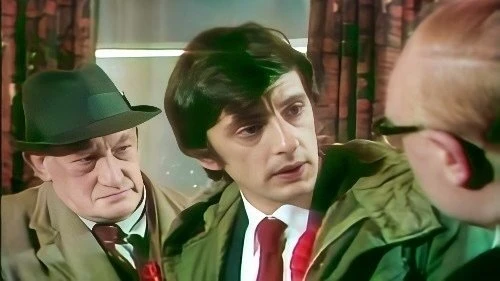
Visually, Bill Brand is austere, even drab at times – but this very plainness reinforces its authenticity. The grainy studio interiors and muted location work evoke the greyness of post-industrial Britain, the corridors of power and the smoke-filled rooms where ideals are slowly eroded. What the series lacks in glamour, it more than compensates for in moral seriousness.
In retrospect, Bill Brand feels almost prophetic. Its exploration of Labour’s internal divisions, its scepticism about the seductions of power, and its insistence that politics is both personal and moral all resonate strongly today. Griffiths and his collaborators refused to condescend to their audience; instead, they assumed viewers were capable of engaging with complex ideas about democracy, representation, and the limits of reform.
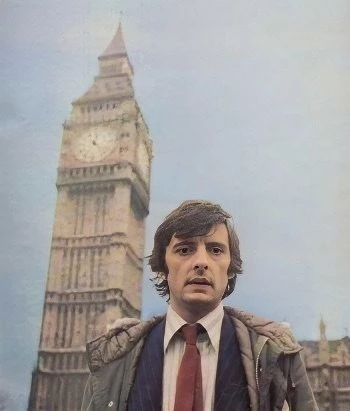
Bill Brand remains a breathtaking achievement – a rare example of television drama that manages to combine political urgency with emotional depth, and intellectual rigour with genuine compassion. Nearly fifty years on, its questions about integrity, compromise, and the possibility of change still feel painfully unresolved.
★★★★★ (5/5) – An uncompromising and visionary masterpiece of political drama.
Seen this show? How do you rate it?
Seen this show? How do you rate it?
Published on November 12th, 2025. Written by Laurence Marcus for Television Heaven.


